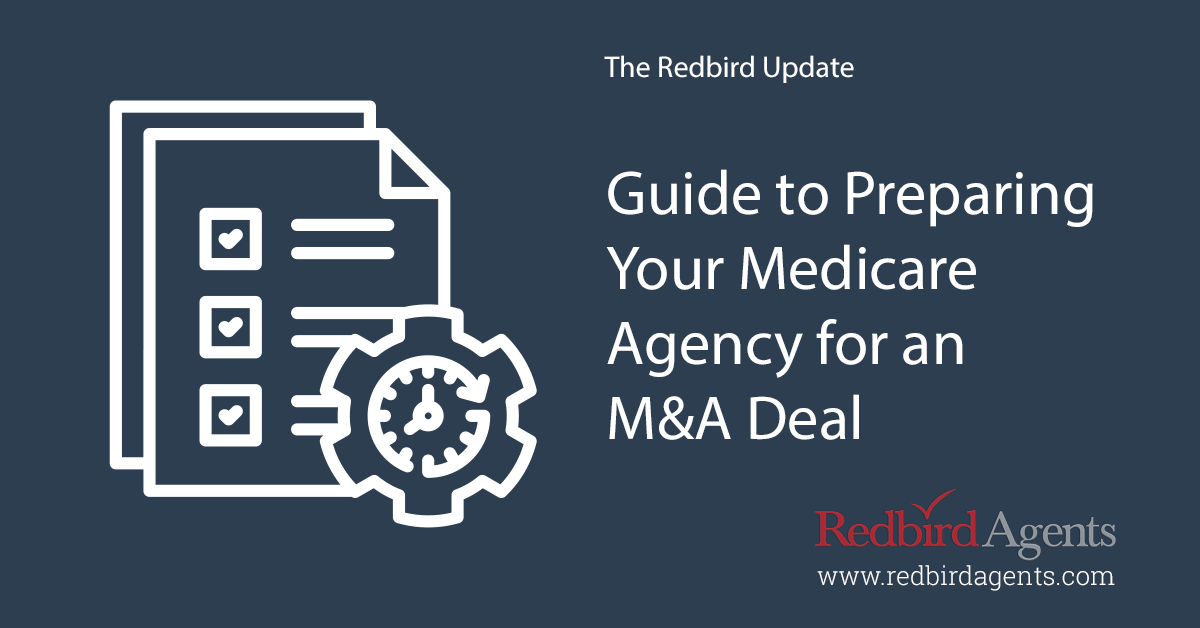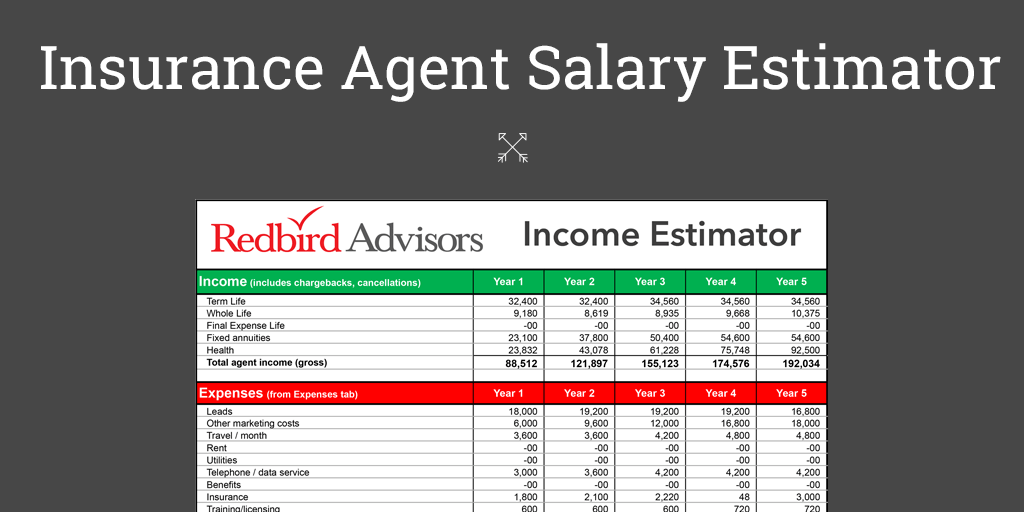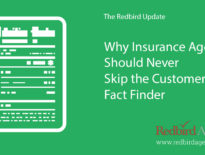
Selling your Medicare book of business is a major decision that can offer significant financial rewards, but only if you’ve properly prepared for the sale, and don’t worry, most agency owners aren’t.
Whether you’re aiming for a high valuation or seeking the right buyer, setting your business up for success before going to market is essential. This guide will walk you through the most important steps to get your Medicare-focused agency ready for sale and ensure you maximize its value.
1. Clean Up Your Financials
One of the first things any buyer will ask for is your financial records, so having clean and organized financials is key. Start by making sure that your balance sheets, profit-and-loss statements, and cash flow reports are accurate and up to date.
- Pro Forma Statements: If possible, create a pro forma statement to show the potential earnings your business can generate. Buyers are more likely to see value in a business that can project future profitability.
- Consistency: Make sure there is consistency in your books across the last three years as well as your most recent 12 months of revenue. Inconsistent revenue or expenses can raise red flags and lower your valuation.
2. Boost Client Retention
Client retention plays a significant role in how your Medicare book of business will be valued. Buyers want assurance that the clients in your book are likely to stick around post-sale.
- Focus on Renewals: Strong renewal rates in Medicare Advantage or Medicare Supplement plans make your agency more attractive.
- Reduce Lapse Rates: A high lapse rate can significantly devalue your business. Implement strategies to engage with clients regularly, ensuring their satisfaction and loyalty.
- Client Communication: Regular, proactive communication with clients fosters trust, making them more likely to stay on post-acquisition.
3. Streamline Your Operations
A buyer is going to want an agency that runs efficiently. The more streamlined your operations, the more appealing your business will be.
- Standardize Procedures: Document every process within your agency, from client onboarding to policy renewals. Having clear, consistent procedures makes your business easier for a new owner to manage.
- Automate Where Possible: Technology solutions like CRM systems and automated billing or follow-up systems can improve operational efficiency and make your business more attractive to potential buyers.
4. Diversify Your Product Mix
A diverse product mix not only makes your business more valuable but also more stable. While Medicare Advantage and Medicare Supplement plans are lucrative, diversifying your offerings can add extra value.
- Cross-Selling Opportunities: Offer related products such as life insurance, annuities, or final expense insurance. Buyers are more likely to pay a premium for an agency that has multiple revenue streams.
- Product Balance: Buyers want to see a healthy balance between first-year commissions and long-term residual income. Agencies that rely heavily on one or the other might appear riskier to potential buyers.
5. Strengthen Your Referral Network
Referrals are one of the most cost-effective ways to acquire new clients, and a strong referral network can increase the value of your business.
- Cultivate Partnerships: If you haven’t already, build strong relationships with referral partners such as doctors, pharmacies, or financial advisors.
- Track Referrals: Document the performance of your referral channels and be able to show potential buyers how much business they generate. A strong referral network adds stability and long-term value to your agency. This can easily be tracked when using a well structured CRM.
6. Enhance Your Technology Infrastructure
Buyers are increasingly looking for businesses that use technology to streamline operations and grow their client base.
- CRM Systems: If you don’t already use a customer relationship management (CRM) system, consider implementing one. A CRM helps track client interactions and policy renewals, ensuring smoother operations.
- Lead Generation Tools: Proprietary lead generation tools, including digital marketing strategies such as SEO or social media advertising, can make your business more attractive by lowering the cost of client acquisition.
7. Review Your Legal Agreements
Before putting your business on the market, make sure that all legal documents are in order. This includes any contracts with agents, partners, or referral sources, as well as insurance carrier agreements.
- Buy-Sell Agreements: If you have business partners, ensure that a buy-sell agreement is in place. This protects your ownership stake and makes the sale process smoother.
- Review Compliance: Ensure your agency is fully compliant with all regulatory requirements, including licensing and certifications. Buyers won’t want to deal with potential compliance headaches after the acquisition.
8. Set a Realistic Asking Price
Once your business is prepared, the next step is setting a price. A common method is to use a multiple of adjusted EBITDA (Earnings Before Interest, Taxes, Depreciation, and Amortization).
- Consult a Valuation Expert: While you can estimate the value of your business, hiring a professional valuation expert ensures you get an accurate figure.
- Consider Market Conditions: Stay aware of current market trends in the Medicare insurance industry. An industry-wide consolidation or growth trend might allow you to command a higher price.
9. Identify Potential Buyers
Knowing who your potential buyers are will help you tailor your sale strategy. The most common buyers in the Medicare insurance space include:
- Larger FMOs (Field Marketing Organizations): FMOs are constantly seeking to expand their Medicare book of business, making them prime buyers.
- Private Equity Firms: As the Medicare market grows, private equity firms have shown increasing interest in acquiring insurance agencies.
- Competing Agencies: Some smaller or regional agencies may want to expand their footprint and see your agency as the perfect opportunity.
10. Get Professional Help
The final step in preparing to sell your Medicare book of business is seeking professional assistance. An experienced business broker and CPA can help guide you through the process, ensuring you get the best deal.
- Business Broker: A broker can help you find the right buyer and navigate negotiations.
- CPA: A CPA ensures your financials are in top shape and helps with tax considerations related to the sale.
Conclusion
Selling your Medicare book of business is a major decision that requires careful preparation and strategy. By cleaning up your financials, strengthening client retention, streamlining operations, and seeking professional advice, you’ll be well on your way to maximizing your agency’s value and securing a successful sale.
Are you ready to take the next step? Consult with an M&A expert to start exploring opportunities today.


